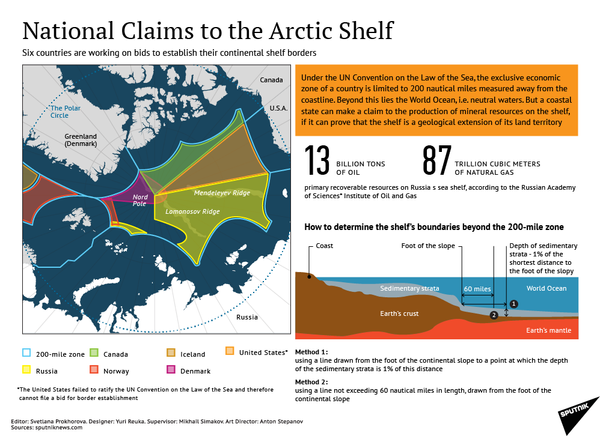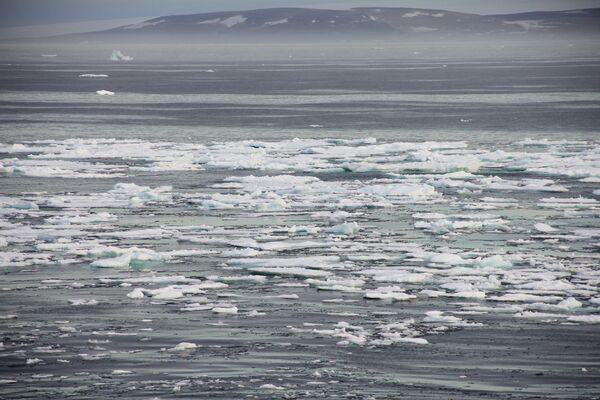KIRUNA, May 15 (RIA Novosti) – Foreign ministers from the Arctic Council’s member states have signed a legally binding agreement on preventing and responding to oil spills in the Arctic to protect the region’s waters, Russian Foreign Minister Sergei Lavrov said on Wednesday.
The treaty is “an effective tool protecting the Arctic environment at a time of active exploration of the opening Arctic deposits, and shows the firm responsibility of the Arctic states for the situation in the region,” Lavrov said at the opening of the council’s ministerial session in Sweden’s northernmost city of Kiruna.
Lavrov said he “welcomed” the decision to expand the council by granting the so-called observer status to new states. China, Italy and four other Asian countries - India, Japan, South Korea and Singapore - gained observer status on the Council at a meeting on Wednesday. The Council also said it “positively” viewed the idea of granting the European Union observer status. However, a decision on the EU status has been deferred because of Canada’s concern over an EU ban on import of seal products, which came into effect in August.
“Interest in the Arctic is on the rise. In particular, this is confirmed by the growth of the number of aspirants seeking to obtain an observer status in the Arctic Council,” Lavrov said.
Gao Feng, head of China's delegation to the event, told Xinhua after the decision granting China's observer status was announced: "China will first get to know the Arctic better, and then it will be able to join in international cooperation effectively."
The Arctic Council intergovernmental forum, comprising Canada, Denmark, Finland, Iceland, Norway, Russia, Sweden and the United States, was established in 1996 to protect the Arctic region's environment and its indigenous peoples.
Russia has stepped up exploration of its Arctic oil and gas reserves in recent years, and has signed agreements with international partners including Shell, Statoil, Total and ExxonMobil to help exploit the region’s natural resources.

But environmental activists claim accidents in the area could have dire consequences, both because of fragility of the Arctic ecosystem and the complexity of cleaning up spills in remote areas.
The Arctic has also become an increasingly important region in economic and political terms thanks to climate change. The Arctic territories, believed to hold vast untapped oil and gas reserves, have been the subject of claims by the United States, Russia, Canada, Norway, and Denmark, with rising temperatures leading to a reduction in sea ice making hydrocarbon deposits under the Arctic Ocean increasingly accessible.




